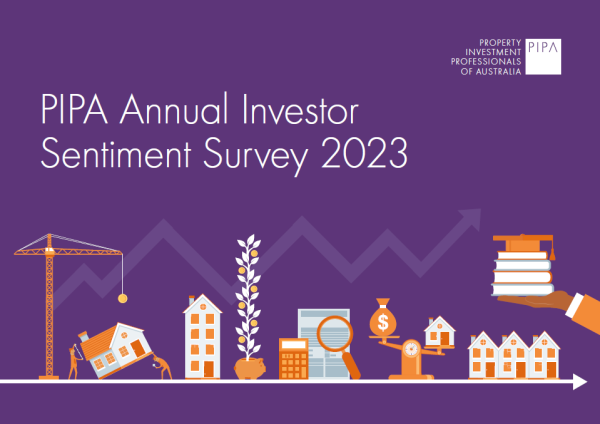Retail sales and residential property prices are holding up
Sep 2020Karen Millers
Categories
Location ReportsMedia releasesNational market updatesPersonal advisersPIPA AdviserPIPA Annual Investor Sentiment SurveysPIPA Member ProfilesPIPA video updatesPIPA webinarsPodcastsProperty advisersProperty newsLatest Articles
Rent rises ease but crisis’ link to population density found to be tenuous
Jordan van den Berg: The ‘Robin Hood’ TikToker taking on Australian landlords
Victorian property investors face yet another new property tax as council tests levy
Rentvesting in Australia: A deep dive
‘More chance of winning lotto’ than housing targets being met
Despite a one-in-100-year pandemic and high unemployment levels, residential prices and retail sales are unlikely to follow the doomsday script, when viewed from a sectoral balances’ framework, according to Quay Global Investors.
The fund’s portfolio manager, Chris Bedingfield, said: “Much in the same way that many financial commentators overestimated the power of central banks during the last decade, we believe there is an equal risk they will underestimate the power of the public purse – that is, spending by the Treasury”.
In his latest perspectives paper ‘COVID economic indicators – side effects or sectoral balances?’, Bedingfield said it was worth to look at numbers. According to preliminary data from the Australian Bureau of Statistics (ABS), retail sales for July were up 3.3% on a sequential basis and up 12.2% year on year.
“Australians have spent an additional $12 billion in the 12 months to July 2020 compared to the 12 months to July 2019. And it’s not all online either. During the recent Scentre Group earnings call, it was noted that portfolio in-store retail sales during July were above those of July 2019, including Victoria (which went into lockdown on 9 July),” Bedingfield said.
According to him, investors should not look at this data as only a result of a “sugar high” from fiscal stimulus and the fact that many consumers’ “avenues” remained closed in 2020, but take into account the massive fiscal response to the lockdown from most governments would do more than just repairing household balance sheets.
Bedingfield pointed to the Australian government stimulus to the financial crisis in 2009 stood at $45 billion, or 4.5% of gross domestic product (GDP), against today’s response which was closer to $150 billion.
“The bottom line is that household balance sheets (and corporate profits) are receiving a significant boost from net government spending, well beyond what we experienced during the financial crisis,” Bedingfield noted in his report.
“And until governments reverse course and start generating surpluses (which we do not envisage any time soon), these net financial assets will continue to reside in the private sector, permanently repairing balance sheets and setting up households for the next cycle – as the most recent household savings ratio from the national accounts confirms.”
As far as the residential properties were concerned, he said that although many economists expected that the local residential market was poised to crash by up to 30%, to date the data did not play out as expected.
“While it’s early days, some of the best real-time data we have (in this instance, preliminary auction clearance rates) suggest house prices are not (yet) falling in a meaningful way. In fact, a case can be made that by the time we reach the fourth quarter this year, residential prices in some of our main cities will be rising,” he said.
According to the Property Investment Professionals of Australia (PIPA) Annual Investor Sentiment Survey 2020 the majority of property investors remained upbeat during COVID-19, however the pandemic made them reconsider not only where they buy with a growing proportion of investors who said regional markets were the most appealing having increased to 22% from 15% in 2019 and coastal locations being on the rise as well– up to nearly 12% from 8% last year.
Oksana Patron, Money Management, 17 September 2020
https://www.moneymanagement.com.au/news/funds-management/retail-sales-and-residential-property-prices-are-holding




